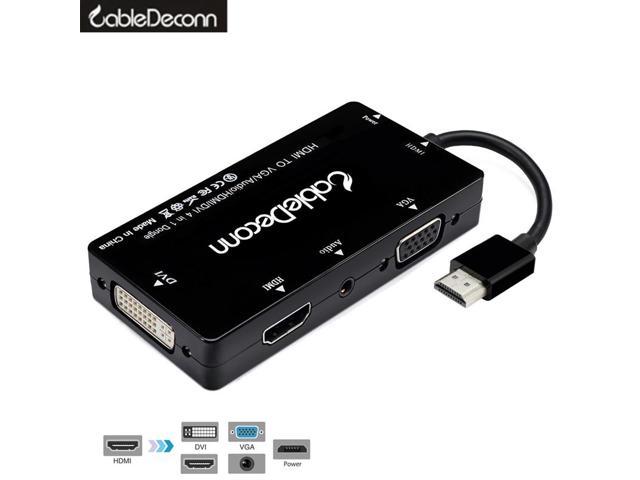What should you do when your three-year-old Sesame-Street aficionado suddenly announces that he wants to study the violin? Or when your seven-year old informs you that he does not want the shiny new red bicycle you just bought him for his birthday, nor the spiffy new box of high-tech paints,but really wants to have piano lessons–today? What should you say when your ten-year old shouts that she hates that nasty new $1500 violin you just invested in, hates violin period, and is never going to practice again? Are there any software packages that can teach that teen-age Jimi Hendrixrehearsing in the garage next door how to read music? How should you answer the bewildered parent whose little girl wants to study the tuba and can take it for free at school? These and many other commonly asked and often puzzling questions are answered in Sound Choices: Guiding Your Child’’s MusicalExperiences . This invaluable resource empowers over-busy, frequently harried, and technically- savvy twenty-first century parents to be consumer-wise participants in the music education of their children. Written by nationally recognized music educators who have been asked–and have answered–allthese questions thousands of times, this user-friendly book offers information and practical advice about a large and varied number of issues in an accessible format that will enable parents to make informed decisions about music experiences and training for their children.Beginning with an ages and stages organization from infancy to adolescence, Sound Choices offers concise, age-specific information on musical experiences from generating interest to motivating practice and life-long enjoyment. Subsequent chapters provide detailed suggestions for choosing aninstrument, finding a qualified teacher, and assessing the financial implications of musical study. Here also are practical strategies for such troublesome issues as evaluating the student-teacher relationship, changing teachers, monitoring practice, and useful comparisons of the varyingpoints-of-view of parents, teachers, and children. A separate section discusses how parents might deal with a musically gifted child or how music might enhance the development of a child with special needs.Concise, comprehensive, and easy-to-use, Sound Choices features wide margins and useful icons to highlight key information and helpful questions. It is also a treasure trove of annotated resources that serves as an outstanding reference source for music related books, recordings, CD-ROMs,software, videos, movies, magazines, games, teaching aids, catalogs, and directories (including a directory of national sources for finding a qualified teacher).There are over thirty-one million family households in the United States with young children under the age of eighteen. Parents in these households now, more than ever, are looking outside and beyond the public school system to furnish educational opportunities for their children. For manyparents, enrolling their children in music instruction is an attractive option. Yet most parents have no idea how to go about this. Sound Choices provides the answers for those who want to create an environment that will prepare their children for a lifetime of active involvement with music.















